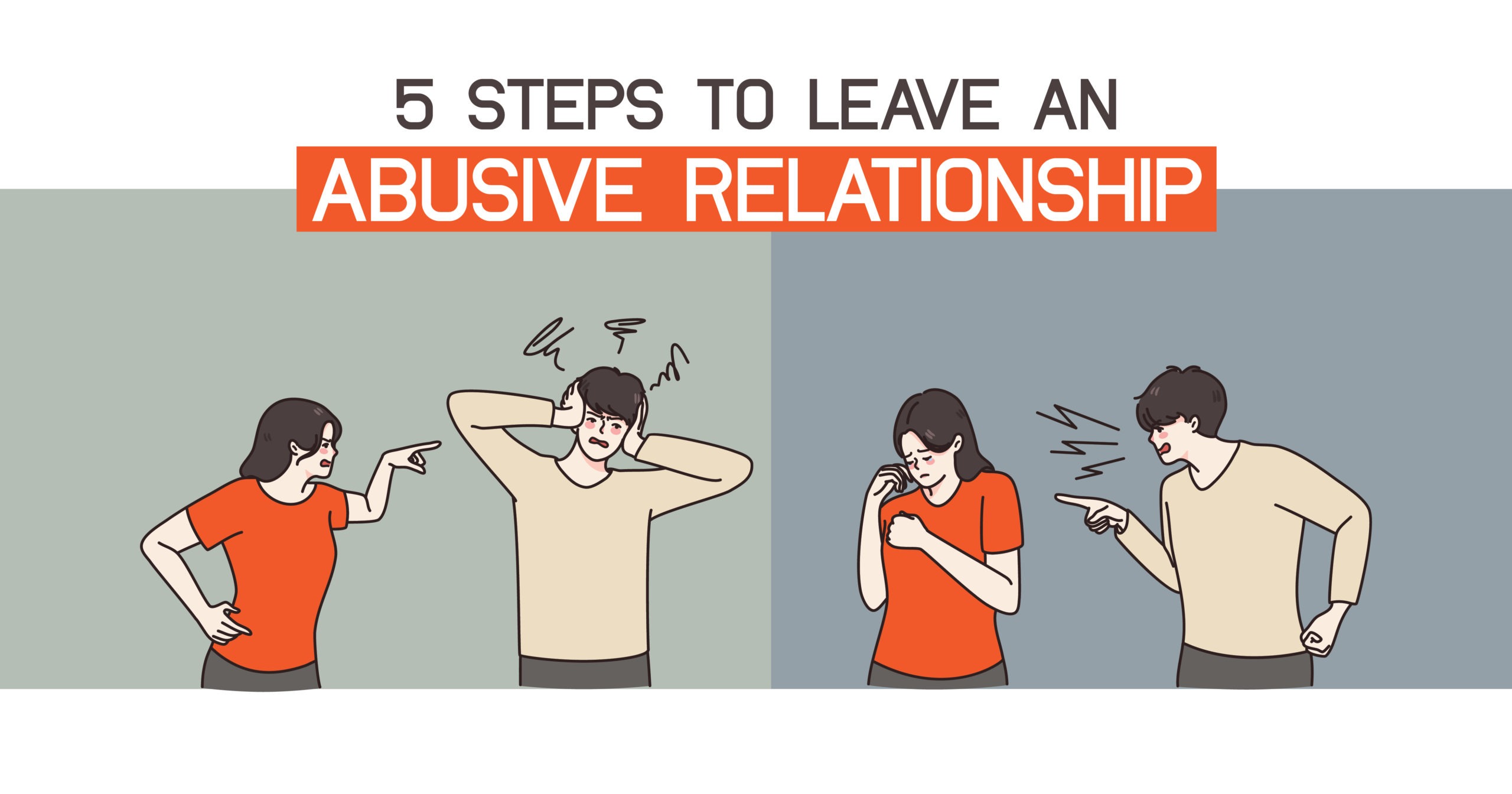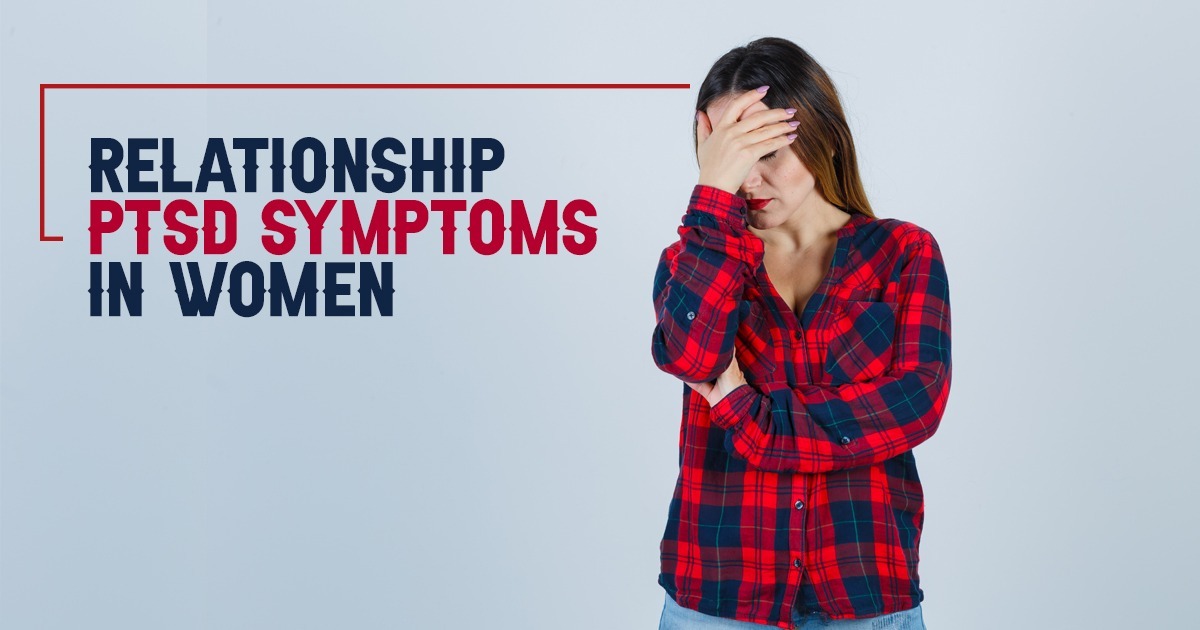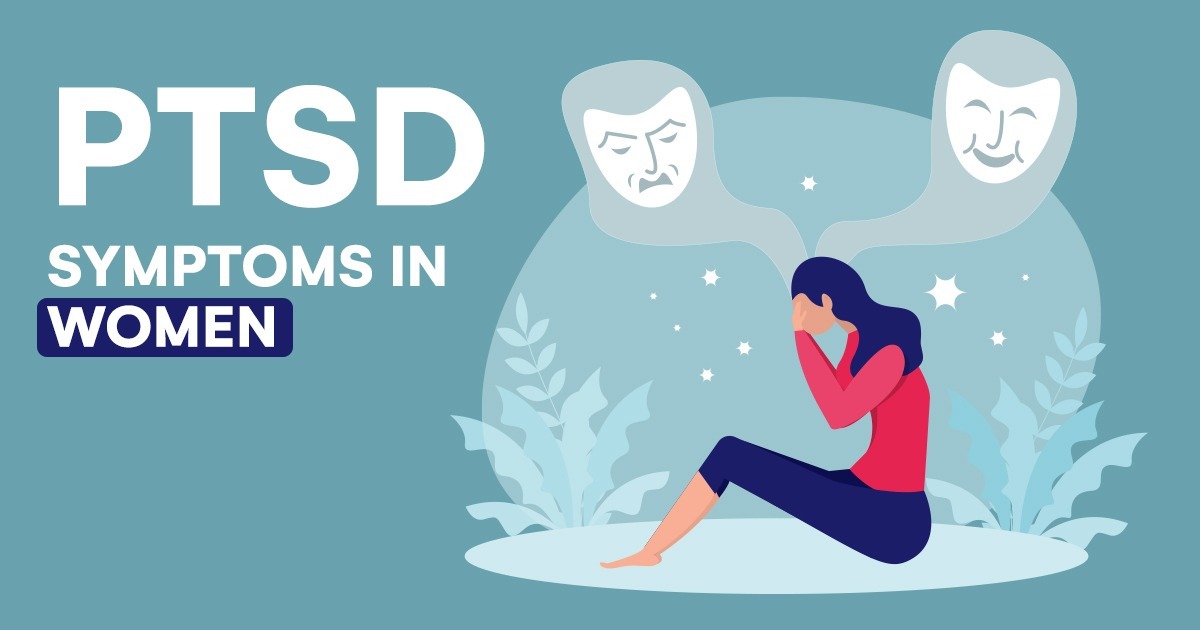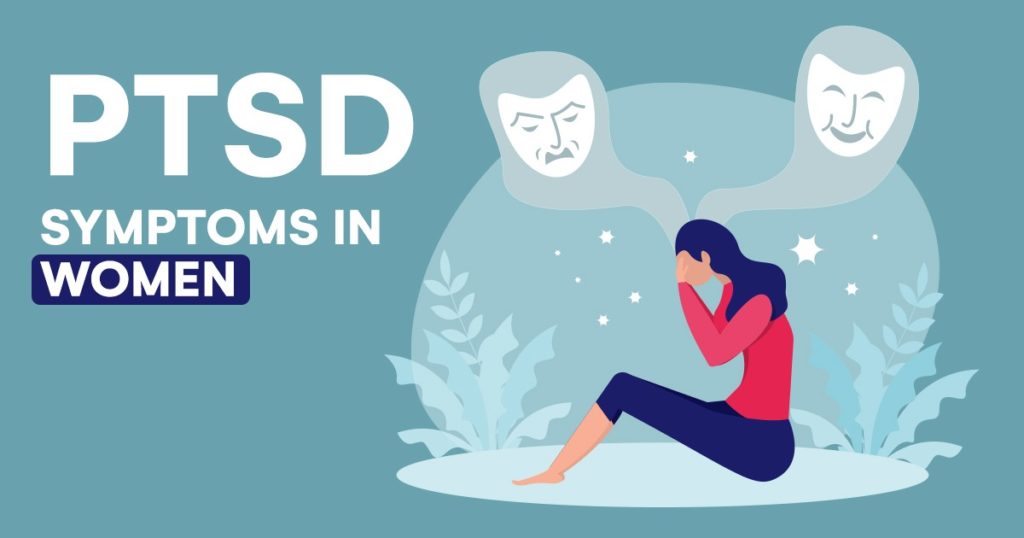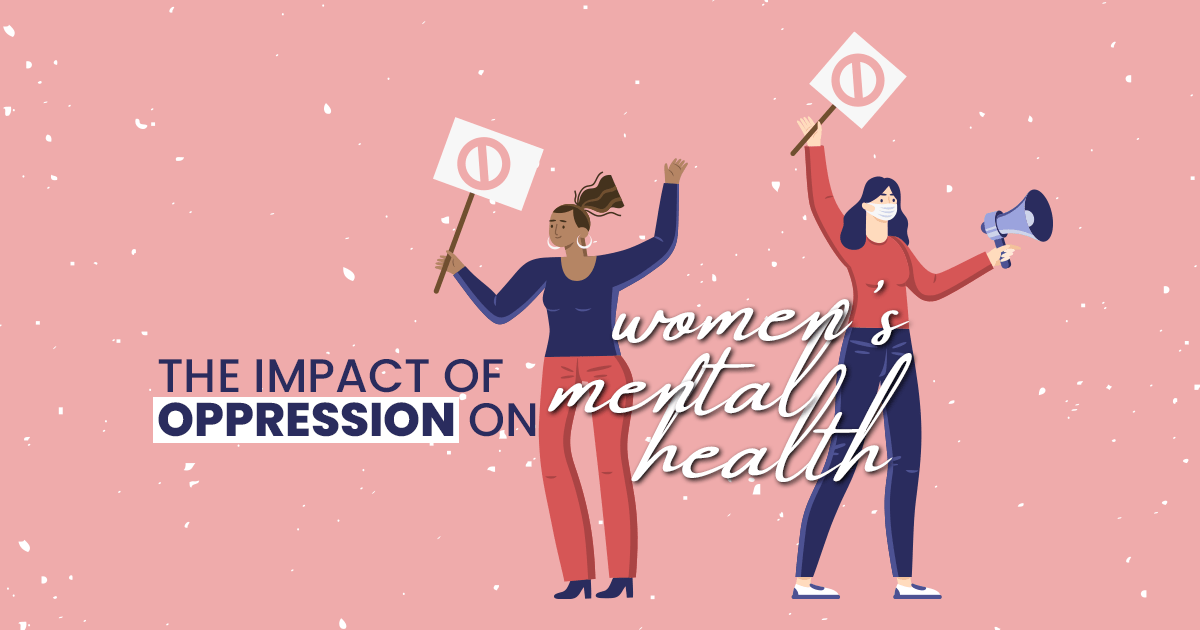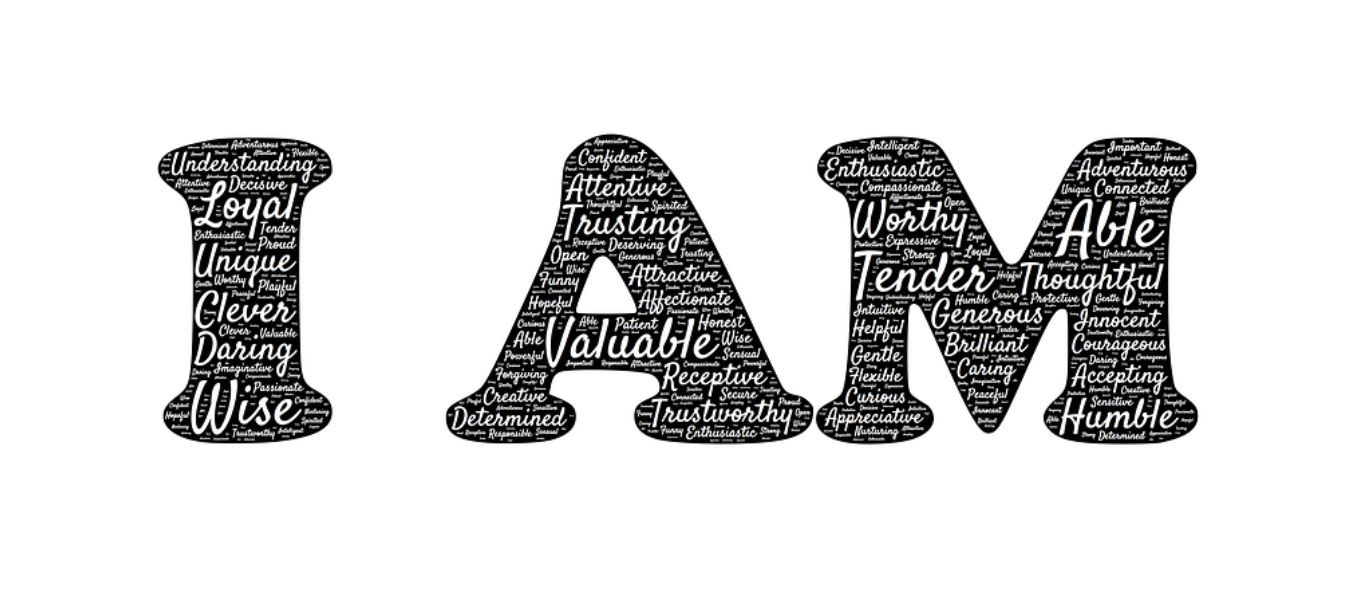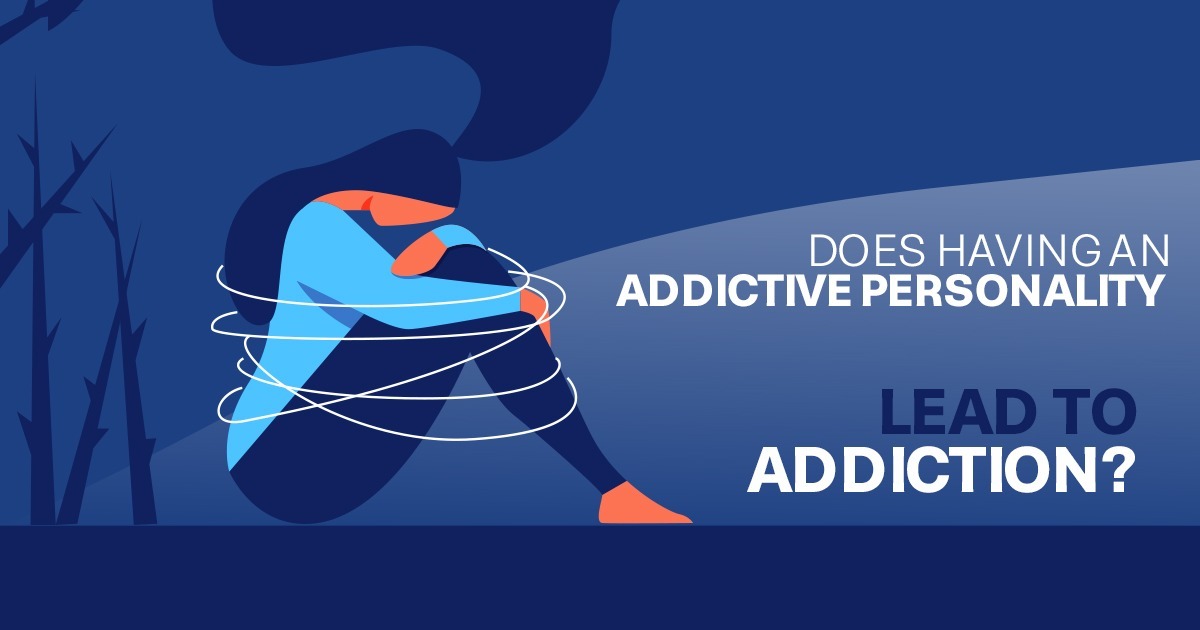
Deciding to start Medication-Assisted Treatment (MAT) is a big step in your recovery journey, and talking to your family about it can feel overwhelming. You might be wondering, “How do I talk to my family about Medication-Assisted Treatment?” This conversation can feel intimidating, but it’s a crucial step in gaining support and strengthening your recovery. You might worry about judgment, misunderstandings, or resistance. But having this conversation can help build support and strengthen your recovery.
Here’s a step-by-step guide to help you navigate the conversation in a way that promotes understanding and encourages family support.
What Is Medication-Assisted Treatment (MAT)?
Before you talk to your family, it’s important to understand what MAT is and how it helps. MAT combines FDA-approved medications (like buprenorphine, methadone, or naltrexone) with therapy to treat substance use disorders. It’s not about replacing one drug with another—it’s about giving your brain the stability it needs to heal so you can focus on recovery.
Common Misconceptions About MAT
Your family may have heard myths about MAT, like:
“Isn’t MAT just replacing one drug with another?”
Many people believe this, but the reality is that MAT helps stabilize brain chemistry and allows individuals to focus on long-term recovery.
“Shouldn’t you be able to quit on your own?”
Addiction is a medical condition, and just like other chronic illnesses, it often requires medical treatment. MAT provides the support needed to reduce cravings and prevent relapse.
“Are you still addicted if you’re on MAT?”
No, being on MAT under medical supervision is not the same as substance abuse. It’s a proven recovery tool that helps people regain control over their lives.
– “It’s just replacing one addiction with another.”
– “You should be able to quit on your own.”
– “You’re not really sober if you’re on MAT.”
These misconceptions come from stigma and lack of information. MAT is a medically backed treatment that increases long-term recovery success and lowers the risk of relapse.

Preparing for the Conversation
1. Get Educated First
If your family has concerns, you’ll want to come prepared with facts. Read up on MAT and how it works. Some great resources include:
– SAMHSA (Substance Abuse and Mental Health Services Administration)
– National Institute on Drug Abuse (NIDA)
– Your treatment provider or recovery support group
2. Set the Right Tone
Anchored Tides Recovery, located in California, specializes in helping individuals navigate difficult conversations about addiction and treatment with their families. Having these discussions in a supportive and understanding environment can make all the difference.
Choose a time when everyone is calm and open to talking. Avoid starting the conversation during stressful situations or family conflicts.
3. Know What You Want to Say
Think about your main points and the outcome you want from the conversation. Maybe you want their understanding, support, or just a chance to explain your choice.
How to Address Their Concerns
“Isn’t MAT just replacing one drug with another?”
This is a common misconception. You can explain:
- MAT reduces cravings and withdrawal symptoms so you can focus on recovery.
- It’s closely monitored by doctors to ensure safe use.
- It has been proven to increase recovery success rates and lower relapse risk.
“Why can’t you just quit on your own?”
- Addiction is a disease, not a choice—like diabetes or high blood pressure, it needs medical treatment.
- MAT is part of a long-term recovery plan, not a shortcut or an “easy way out.”
“How will this affect our family?”
- MAT will help me stay stable and focused on rebuilding my life.
- Your support means everything to me—it’s not about enabling but about encouraging recovery.
Encouraging Open Dialogue
Your family might have a lot of emotions—fear, frustration, confusion, or even guilt. Let them ask questions, and be patient. If they express doubt or concern, respond with calm facts and personal experience.
If you’re unsure how to approach the conversation, speaking with a specialist at Anchored Tides Recovery can provide guidance and strategies tailored to your situation. Our team is here to help you navigate these discussions with confidence and clarity.
Ways Your Family Can Support You
If your family asks, “How can we help?”—here are some ideas:
- Learn about addiction and MAT through books, websites, or support groups.
- Attend family therapy or support meetings (like Al-Anon or Nar-Anon).
- Offer emotional support without judgment or pressure.
- Encourage healthy routines like attending therapy and following a treatment plan.
What If They Don’t Support You?
Not everyone will understand or accept MAT right away, and that’s okay. Give them time and continue focusing on your recovery. Surround yourself with people who do support you, whether that’s friends, a therapist, or a recovery group.
If your family is hesitant, consider inviting them to attend a local support group or educational session on MAT. Anchored Tides Recovery can connect you with family recovery meetings, peer support groups, and professional counselors in your area who specialize in addiction recovery education. Providing them with access to the right resources can help shift their perspective over time.
Not everyone will understand or accept MAT right away, and that’s okay. Give them time and continue focusing on your recovery. Surround yourself with people who do support you, whether that’s friends, a therapist, or a recovery group.
Get the Support Today!
Talking to your family about MAT might feel tough, but honest conversations can lead to stronger support systems. Be patient, provide information, and focus on why this decision is important for your recovery. And remember—your recovery is your journey. Even if not everyone understands right away, you’re making the right choice for your health and future.
If you or a loved one is considering MAT and need guidance, Anchored Tides Recovery is here to help. Reach out today to learn more about your treatment options and how we can support you on this path to healing.











